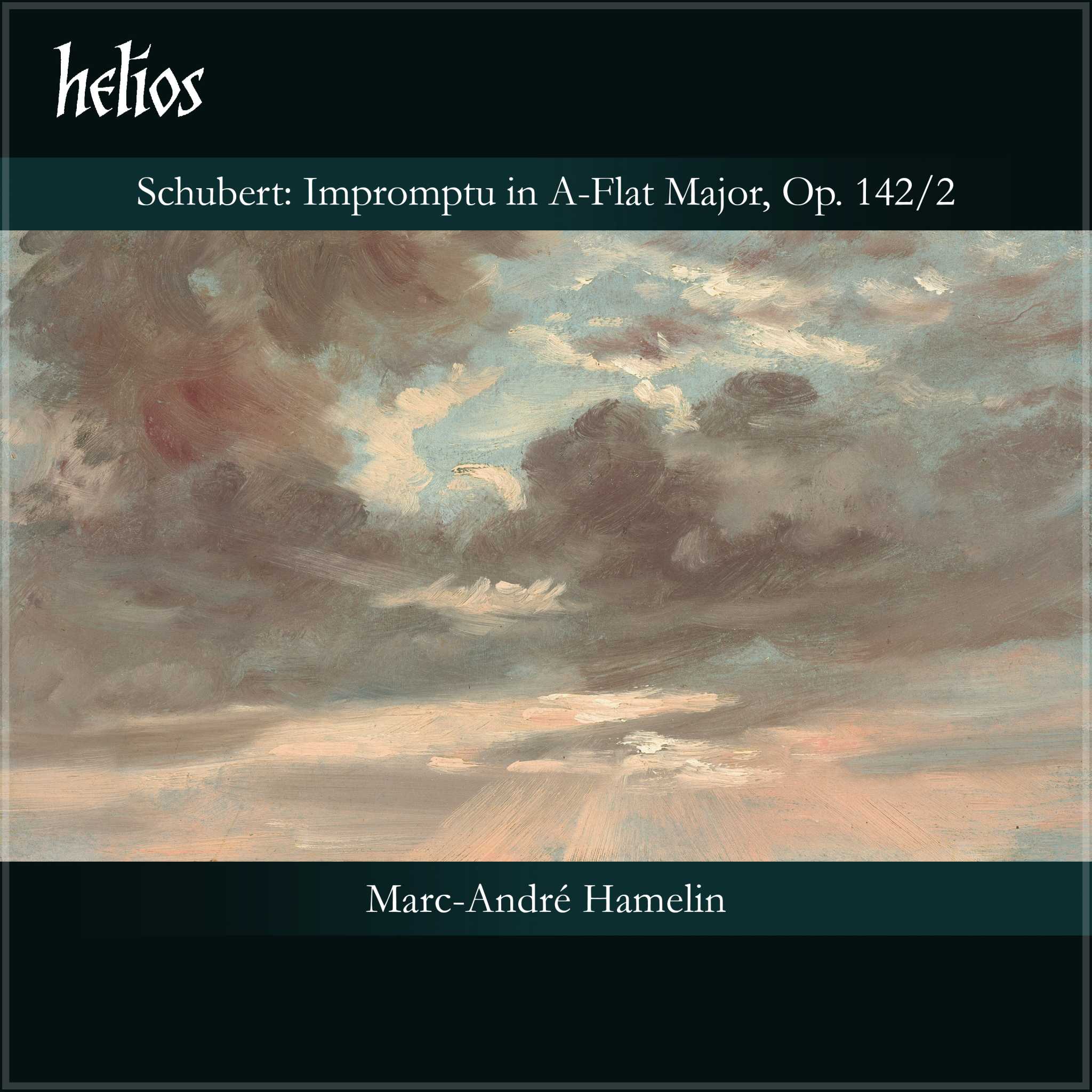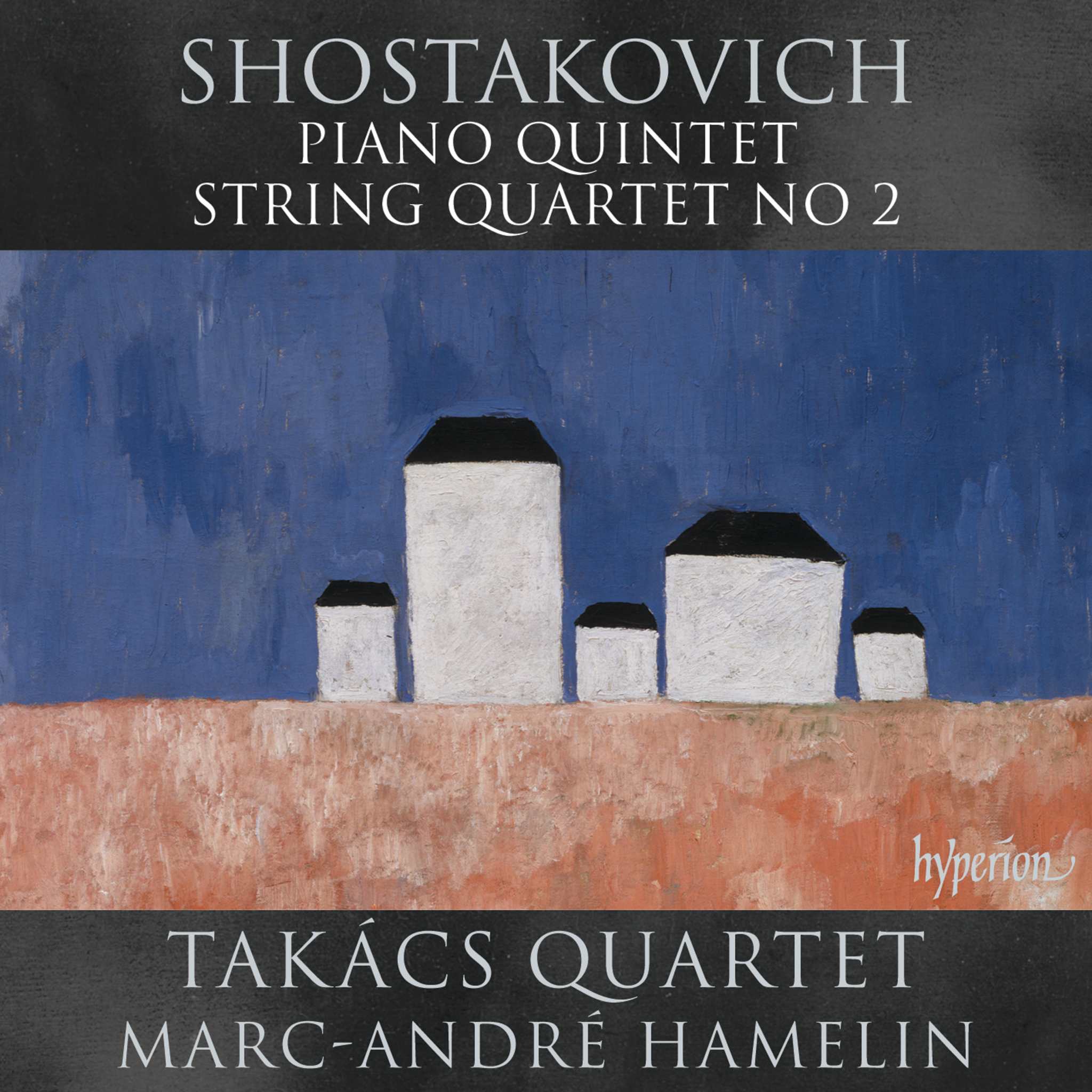The piano played a crucial role in Karol Szymanowski's artistic development. At the age of seven, he began taking piano lessons—first with his father and later with his uncle, Gustav Neuhaus. His relative Genryk, who later taught prominent pianists such as Sviatoslav Richter, Emil Gilels, and Radu Lupu, made a strong impression on him.
Szymanowski's early piano compositions were heavily influenced by Romanticism and Chopin. In his middle period, an Impressionistic style emerged in works such as Metopy and Maski. From 1920 onward, his work turned toward Polish nationalism. His encounter with the music of the Tatra region around Zakopane awakened his enthusiasm for Polish folk art.
The distinctive music of the Tatra Mountains, with its polyphonic chants and Lydian melodies, served as a source of inspiration for Szymanowski. He developed his own unique approach to the interpretation of Polish music. Through Chybinski, he discovered the music of the Gorals. The so-called "Sabala" motif from this period found its way into his composition "Slopiewnie."
In his Mazurkas Op. 50, Szymanowski experimented intensively with musical forms of expression. He integrated elements of Goral music into his personal piano style. The later Mazurkas Op. 62 displayed an even more abstract musical language, yet retained their folk music roots.
Szymanowski's ambition to develop a distinctive Polish musical style was clearly evident. His individual artistic voice was particularly manifest in the Mazurkas. The harmonic system he created in these compositions was exceptional. His early death at the age of only 54 left the question of the further development of his unique musical expression unanswered.












